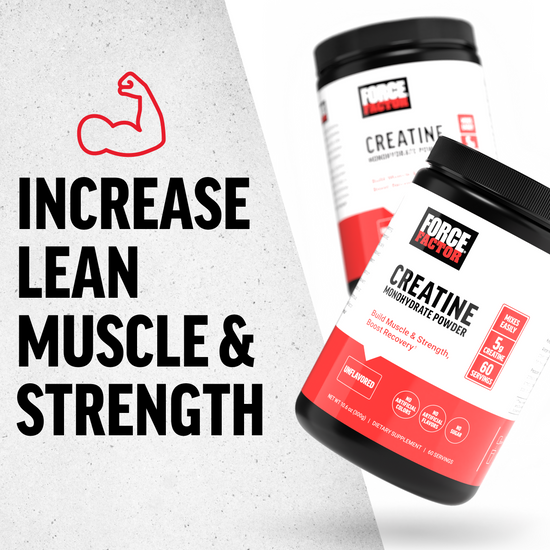Some Known Facts About Creatine Monohydrate.
Table of ContentsThe Creatine Monohydrate IdeasThe Single Strategy To Use For Creatine MonohydrateSome Known Incorrect Statements About Creatine Monohydrate
The authors recognize a threat of predisposition with the study layouts due to a requirement for even more clearness over randomization with nearly all researches included. Just 3 of the nineteen researches completely described the evaluation of VO2 max.
If weight gain through fluid retention is a concern, quit taking creatine 1-2 weeks prior to racing to offset fluid retention while maintaining increased creatine stores. Some people experience intestinal discomfort when taking creatine, such as bloating, cramping, or looseness of the bowels.
It's advised to use it in powder type. Issues regarding the long-term impacts of creatine monohydrate supplementation on renal (kidney) function have like it been raised.
Facts About Creatine Monohydrate Uncovered
None of the studies investigated triathletes. The damaging results reported in the research studies related to weight gain. As discussed, the majority of the researches used a higher-dose loading protocol (20g+/ day) in a brief period that could be countered and stayed clear of with a lower dosage (such as 5g/day) for an extended duration.

Let's look at the main advantages of creatine monohydrate. There is strong, dependable study showing that creatine enhances health. Impossible evidence sustains raising lean muscle mass, raising strength and power, including repeatings, lowering time to exhaustion, enhancing hydration standing, and benefiting brain wellness and function. All of these benefits will incrementally reward your health and enhance your "healthspan" as you age.
The majority of creatine is stored in the skeletal muscular tissues in a kind understood
as phosphocreatine, blog or creatine phosphate. Creatine aids in the production of adenosine triphosphate, or ATP. Also if they never raised a weights, they 'd still benefit from creatine supplements.